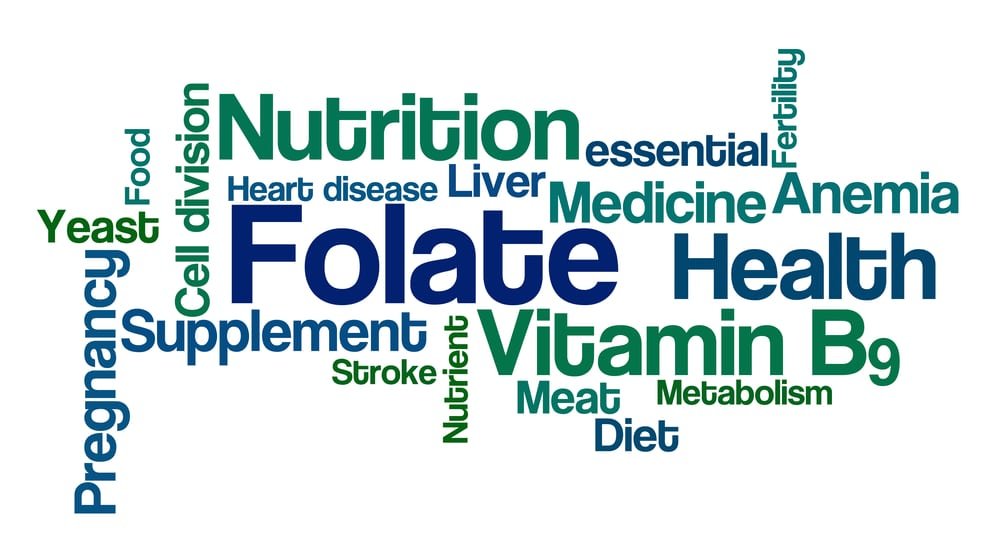Omega-3 Fatty Acids health benefits includes reducing symptoms of depression and anxiety, supporting eye health, supporting brain health, supporting healthy pregnancy, reducing risk of heart disease, reducing symptoms of ADHD, managing metabolic syndrome and improving mental conditions. Other benefits includes negating autoimmune diseases, preventing cancer, reducing asthma, supporting liver function, slowing down aging process, supporting bone and joint health, reducing symptoms of PMS, and enhancing the skin.
Omega-3s have certainly been quite a significant part of the health and fitness world, yet there are many perplexing questions attached to these “fats.” For someone who is unfamiliar with these fatty acids, the word fat cannot denote anything healthy. In light of this, how are these fats supposed to be healthy? Can one be deficient in these fats? What are the food sources of these fatty acids? How are they beneficial for the human body?
This article aims to present science-based benefits of omega-3 for the human body and what are the food sources of these fatty acids.
What Are Omega-3s?
Omega 3 fatty acids are crucial nutrients, the body itself does not produce them, and this is why they should be consumed externally.Omega3 fatty acids are prime facilitators in various bodily functions. There are no alternatives to these nutrients dense compounds. They play a vital role in conserving cardiovascular health, brain health, and retinal function. Omega-3s promote overall health; in fact, they have been approved by the FDA as a treatment for high triglycerides.
An omega 3’s chemical structure has multiple double bonds. The human body can produce saturated fatty acids. However, the body does not contain any enzymes that facilitate the creation of omega 3s.
Omega-3 Fatty Acids Types
Our diet contains three types of omega3s. Namely, Alpha-linolenic Acid, Eicosapentaenoic acid, and Docosahexaenoic acid.
· Alpha Linoleic Acid, or ALA
It is a short-chain omega-3, which indicates that the body has t convert these to longer chained DHA and EPA to synthesize them. This process only converts about one percent of the consumed ALA to the long chained version. This is a plant-based omega three that is usually found in green leafy vegetables.
· Eicosapentaenoic Acid
This is a 20carbon fatty acid, found commonly in fish, krill oil and algae oil. This is easier for the human body to synthesize. This is required by the body in higher amounts to fulfill its needs.



· Docosahexaenoic Acid
Also commonly known as DHA, this is a 220carbon fatty acid. Found in algae oil, krill oil and oily fish this version of Omega 3s is crucial for various procedures that occur in the body.
Omega-3 Fatty Acids Food Sources
ALA is usually found in walnut oil, green leafy vegetables, soy products and flaxseeds. DHA and EPA are found in oily fish, krill oil, and algae oil. Following is a detailed account of which foods are higher in this valuable nutrient.
Vegetables (ALA)
- Edamame/ soybeans (cooked) 0.29-0.34 g per 0.5 cup
- Radish seeds raw or sprouted 0.42 g per 0.5 cup
- Winter squash (cooked) 0.18 g per 0.5 cup
Meat And Others
- Eggs (cooked) 0.06-0.28 per 2 eggs
- Anchovies canned with the oil 1.54g per 75 g
- Arctic char cooked 0.68 per 75 g
- Caviar (red and black) granular 1.96g per 75 g
- Cod Atlantic (cooked) 0.11 per 75 g
- Halibut cooked 0.18-08g per 75 g
- Octopus 0.33-0.41 g per 75 g
Furthermore, various other fresh seafood, fortified bread, and milk also contain omega 3s.
15 Health Benefits of Omega-3 Fatty Acids

1. Reduce Symptoms Of Depression And Anxiety
Depression and anxiety are one of the most common diseases of today, as it is various studies have been conducted on these conditions resulting in a positive effect of omega-3 on these mental problems. Patients who start consuming diets higher in EPA and DHA experience reduced symptoms of anxiety and depression.
2. Good For Your Eyes
DHA is a major constituent of the retinal structure in the eye. DHA deficiency can result in increased eye-health risks. A diet rich in DHA can help reduce the effects of macular degeneration and glaucoma. It is also effective in helping maintain the integrity of eyesight
3. Brain Health, Pregnancy, And Early Life
Omegas 3s are vital for the growth and development of brain health through the course of life. Especially for women who are expecting a diet high in omega-3 is recommended to keep the Childs’ brain and overall muscle health intact. Moreover, for growing children, it is necessary to maintain a balanced diet rich in omega 3s. This will help with steady brain development.
4. Reduce Heart Disease
Researchers observed that communities who show high fish consumption patterns have lower risks of heart attacks and strokes. This prompted research which leads to the discovery that omega 3s promote heart health. Omega 3s are a form of HDL or good cholesterol that helps the heart function better.
5. Reduce Symptoms Of ADHD
Several studies back up the claim that omega-3 have a positive effect on patients who have ADHD, especially children. They also help curb hyperactivity, compulsiveness, and unrest that are associated with this mental issue.
6. Manage Metabolic Syndrome
Metabolic syndrome can be the cause of various complications in the human body’s function. The most common faces of this syndrome include resistance to insulin, high blood pressure, central obesity and high triglycerides levels. Omega-3 reduce inflammation in various organs, which results in the adequate management of metabolic syndrome. Omega 3s can also help prevent the occurrence of this illness in the first place.
7. Negate Autoimmune Diseases
One of the fatal diseases known to man, autoimmune disease opens gateways to various other illnesses. Eating a diet rich in omega-3 during the first years of your life can lead to prevention of autoimmune diseases.
8. Improve Mental Conditions
The good fats from food help run basic and crucial functions of the body. This includes brain health; people suffering from psychiatric disorders often have an omega three deficiency. Omega-3 supplements improve mental conditions by reducing mood swings and relapses of psychosis.
9. Can Prevent Mental-Aging
As the human body ages, the brain does as well, and this results in diseases such as Alzheimers and Parkinson’s. People who eat a diet rich in oily fish have a larger amount of grey matter in their brain cells than those who do not consume adequate amounts of food rich in omega-3.
10. Cancer Prevention
People who have diets that contain large amounts of omega-3 are 55 % less likely to face cancer. It greatly reduces the risk of breast and colon cancer.
11. Asthma Reduction
Omega-3 help prevents Asthma and other lung problems in children and young adults. Having a diet rich in omega 3s can help reduce the chances of being affected by this disease in your older years.
12. Liver Function
A non-alcoholic fatty liver is part of the obesity epidemic that affects people at large. This has become a cause of liver disease in most western countries. Omega-3 fatty acids help retain good cholesterol and flush out inflammation-causing toxins from the liver to keep it healthy and performing.
13. Bone And Joint Health
Omega 3s are often prescribed as supplements to patients suffering from osteoporosis and arthritis. Omega-3 help keep the ligaments and joints healthy and working like a well-oiled machine.
14. Reduce Symptoms Of PMS
Research has shown that women who have a higher consumption of omega-3 in their diets experience milder PMS symptoms. An omega three supplement may be more effective than ibuprofen for women during their cycle.
15. Healthy Skin
DHA is an important constituent of the skin, whereas, EPA helps control the oil production, hydrations and other aspects of the skin.
Bottom Line
A diet rich in omega 3s can help keep the heart and brain functioning properly. Besides, it has a huge effect on the body’s metabolic rate that affects almost all functions in the body.



Join the 7‑Day “Better Gut” Plan
Pop in your email and we’ll send Lesson 1 + the printable list.







